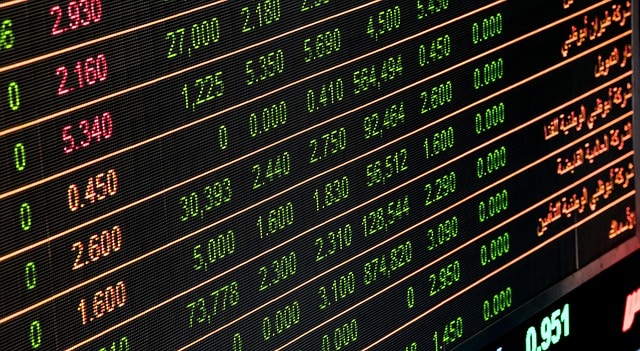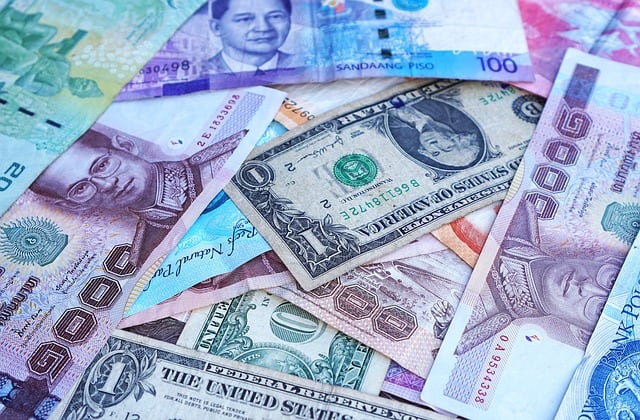Forex, or foreign exchange, is the market for trading different currencies from around the world. It has become increasingly popular among investors in recent years, with many turning to forex as a means of diversifying their portfolios and potentially achieving greater returns.
In this article, we’ll explore why investors are trading forex, as well as some key considerations for those looking to get started.
The Appeal Of Forex Trading
There are several reasons why forex trading has become popular among investors. Here are some of the most common:
High liquidity
Forex is the largest financial market in the world, with a daily trading volume of around $7.5 trillion. This means there is always plenty of liquidity or the ability to buy and sell currencies quickly and easily. High liquidity can benefit investors because it means they can enter and exit trades more easily and potentially get better prices.
Access to leverage
Many forex brokers offer leverage, which allows traders to control larger positions with smaller amounts of capital. For example, a 50:1 leverage ratio would allow a trader to control $50,000 worth of currency with just $1,000 of capital. While leverage can amplify gains, it can also amplify losses, so it’s important to use it judiciously.
24-hour trading
Unlike other financial markets, forex is open 24 hours a day, five days a week. This can be attractive for investors who want to trade outside of traditional market hours or who live in different time zones.
Diversification
Forex trading can be a way to diversify a portfolio, as it is not highly correlated with other asset types like stocks or bonds. This means that forex can potentially help investors manage risk and smooth out returns.
Low barriers to entry
It is relatively easy to get started with forex trading, as many online brokers offer low account minimums and user-friendly trading platforms. This accessibility can make forex trading attractive to new investors who may not have a lot of capital or experience.
Considerations For Forex Trading
While forex trading can offer many benefits, it is important to remember that it also comes with certain uncertainties. Here are some key considerations for anyone looking to start trading forex:
Volatility
Forex prices can be highly volatile, meaning they can fluctuate rapidly and unpredictably. This volatility can lead to both large gains and deficits and can make it difficult to predict future price movements.
Complexity
Forex trading can be complex, as it involves understanding the factors that affect currency prices, such as economic data, geopolitical events, and central bank policies. It can also involve using technical analysis tools to identify patterns and trends in price movements.
Risk management
Because forex trading can be volatile, it is important to have a solid risk management strategy in place. This might involve setting stop-loss orders to limit potential hits, diversifying across different currency pairs, and using appropriate leverage levels.
Regulation
It is important to choose a reputable forex broker that is regulated by a respected authority, such as the Financial Conduct Authority (FCA) in the UK or the Commodity Futures Trading Commission (CFTC) in the US. Regulated brokers are subject to strict standards for transparency, safety, and customer protection.
Getting Started With Forex Trading
If you’re interested in getting started with forex trading, here are some steps to follow:
Educate yourself
Before you start trading, it’s important to educate yourself about the basics of forex trading, including how currency pairs work, how to read price charts, and how to use trading platforms.
Choose a broker
Look for a reputable forex broker that is regulated by a respected authority. Consider factors like account minimums, trading fees, and the availability of demo accounts for practice trading.
Open an account
Once you’ve chosen a broker, open a forex trading account and fund it with the amount of capital you’re comfortable trading with. Remember that forex trading involves uncertainty, so never trade with more money than you can afford to do without.
Start trading
Use the trading platform provided by your broker to enter and exit trades. Remember that forex trading involves making predictions about the direction of currency prices, so it’s important to use technical analysis and/or fundamental analysis to inform your trading decisions.
Practice risk management
As mentioned earlier, risk management is an important part of forex trading. Make sure to use stop-loss orders, and consider diversifying your trades across different currency pairs to spread your exposure.
Conclusion
Forex trading has become popular among investors for several reasons, including high liquidity, access to leverage, 24-hour trading, diversification, and low barriers to entry.
However, it’s important to remember that forex trading also carries uncertainties, including volatility, complexity, and the need for effective risk management. By educating yourself, choosing a reputable broker, opening an account, and practicing risk management, you can potentially benefit from the advantages of forex trading while minimizing exposure.








